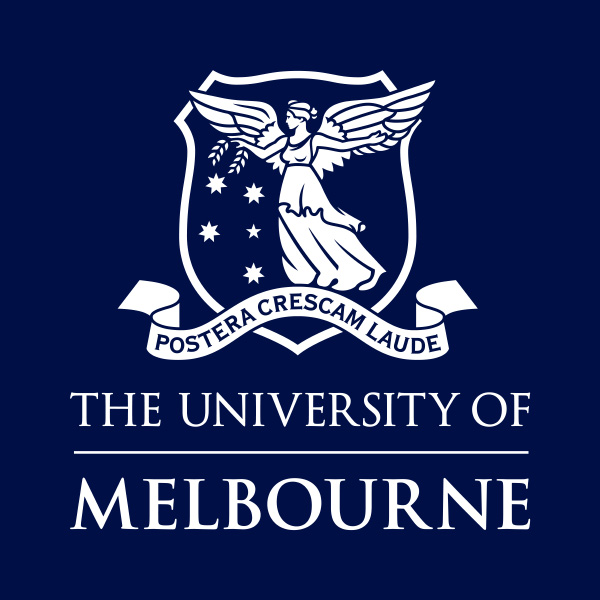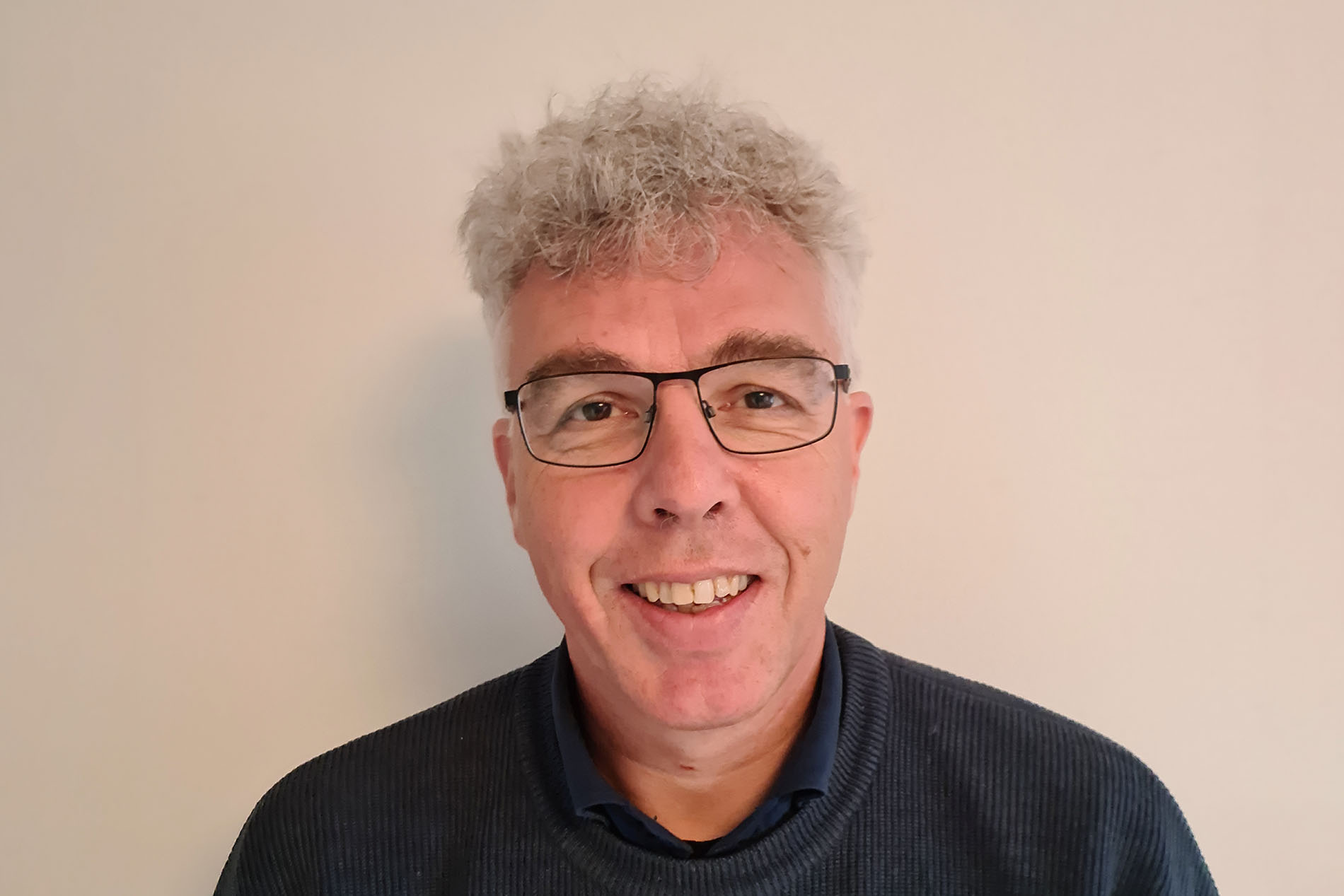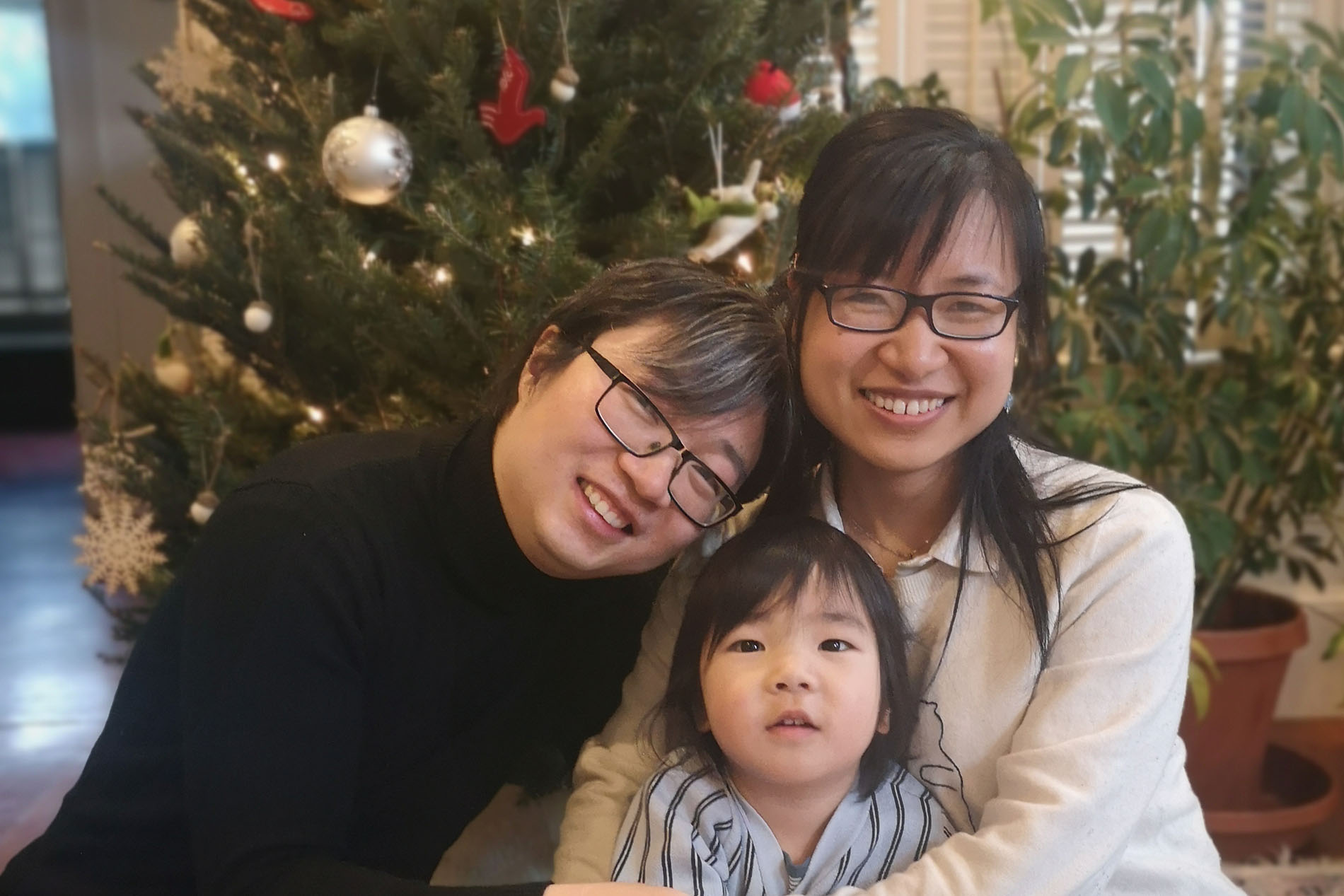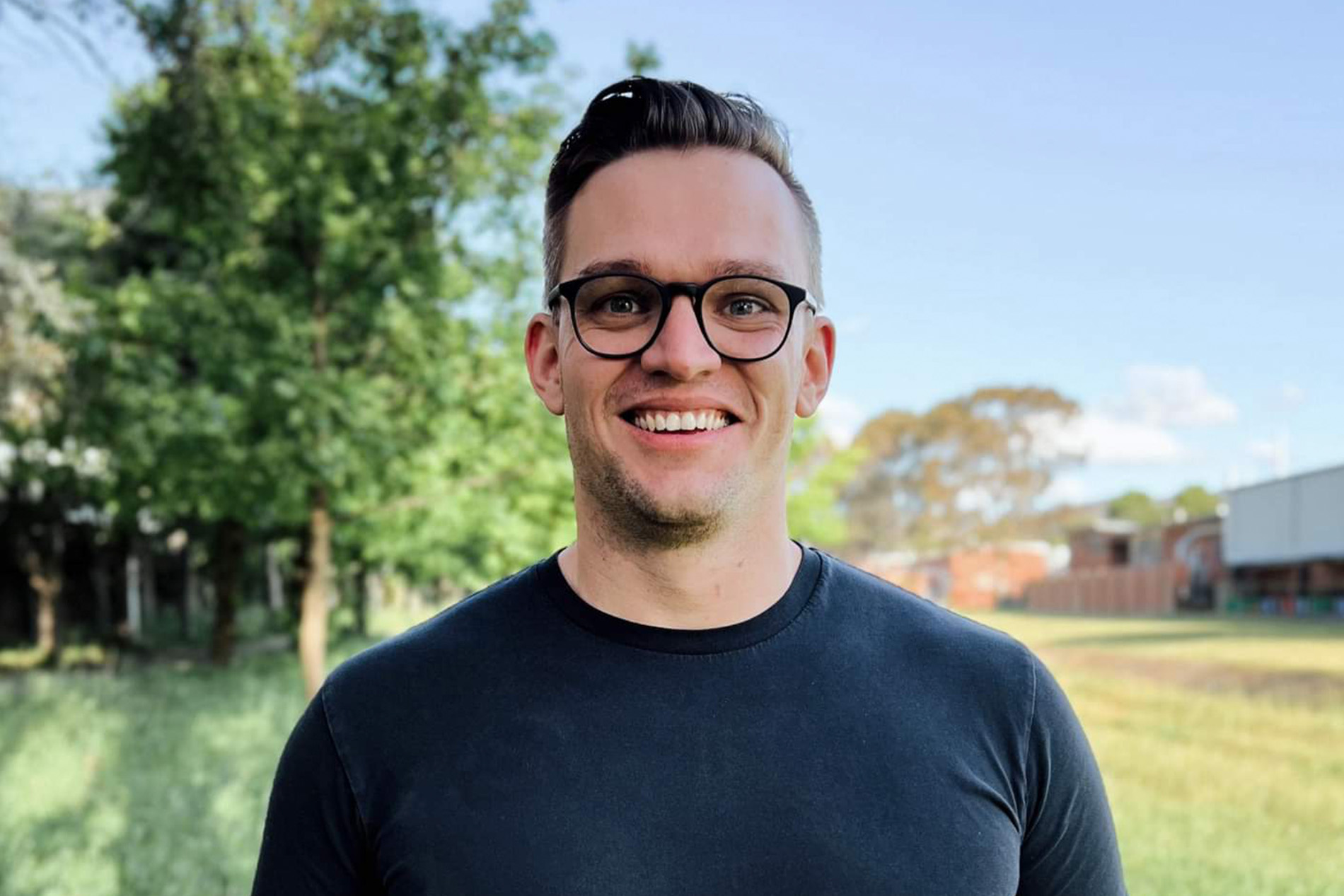A Conversation with PhD Student Jun Ju

What made you decide to organise a PhD symposium?
One day, I received an email call from MATRIX to organise a PhD symposium via the school mailing list. Later that day, my supervisor forwarded that email to all his students including me and encouraged us to organise a symposium together. We thought it would be a valuable opportunity to learn the process and to do it as a team. So, we decided to host a PhD symposium.
What steps did you take for organising the PhD symposium - Machine Learning & Decision Making?
The first thing we needed to think about was the title of the symposium. We knew that we wanted to have something about Machine Learning, but Machine Learning is a broad topic. We had a group meeting with our supervisor to discuss the title word by word. It was our goal to provide opportunities for students who are familiar with and less familiar with Machine Learning to learn about it at the PhD symposium. Considering that goal, we needed to think about who we were intending to invite as speakers.
In fact, the process of organising speakers turned out to be easier than expected. We could not have imagined the level of support provided by those senior researchers. In response to our invitations, we only received positive responses.
The following step was to set a time for those speakers within the symposium schedule. We started planning at the end of last year, which is a couple of months ahead of time. There were no issues with the speakers reserving the agreed times. So that part of the process went smoothly.
One of the final tasks was to advertise the Symposium, which was a challenging task for us. We posted it on every platform we knew (for example Slack, and school mailing lists). Also, our speakers provided a helping hand in promoting the symposium through their networks. MATRIX provided comprehensive support throughout the process. They replied to our emails very quickly when we had questions. They also helped promote the symposium through their social media channels and website to make it accessible to a broader audience. Even though the symposium was held during the semester, we were delighted to see more than 30 students register for the event, which was a great success.
As an organiser of a PhD symposium, what have you found most memorable?
For me personally, the most memorable moments were related to the well-prepared talks delivered by the speakers. Each speaker had 40 minutes to present their talk, followed by 20 minutes of Q&A time. There were highly informative and interesting talks. We were grateful for this.
Another moving moment was that at the end of the first day after the morning session, we received an email from a college student. For her, it was a valuable opportunity to gain a better understanding of Machine Learning prior to studying at a university. Her words made me feel so encouraged and made the whole experience rewarding.
Are there any tips and suggestions you would offer to your fellow PhD students regarding organising a future PhD symposium?
Timing is vital. Starting to prepare for the symposium as early as possible is important. In our case, even though we started the process at the end of last year, it was a bit late because there were many processes involved.
Another piece of advice I could give is to not be afraid to invite senior researchers or professors. They are extremely kind and supportive. If they are unable to attend your event, they may try to help you by nominating alternative speakers, like in our case.
During organising the event, we faced some difficulties and challenges. But overall, it was a great learning opportunity.
Are there any additional messages you would like to share with us?
Doing research is a slow process, and we will need to focus on it for a long time. I can enjoy it more when I see progress. My second-year review is in a couple of weeks which is one of the most important milestones for my PhD. I am looking forward to it.








